
Ukraine: EU stepping up support for electricity and gas networks
The EU is working to support Ukraine’s energy sector, aiming to double the capacity for cross-border electricity trade and to improve security of gas supply, EU Energy Commissioner Kadri Simson said yesterday at the press conference of the Extraordinary Energy Council with Ukraine’s Energy Minister German Galushchenko.
“Our support in the energy sector focuses on making sure that Ukraine’s electricity and gas systems remain operational. The fact that electricity and gas have continued to flow shows the extraordinary determination and commitment of those who work in the Ukrainian energy sector,” the Commissioner said.
She pointed out that the EU had managed to synchronise Ukraine and Moldova to the European grid in record speed in March. The first cross-border commercial exchanges of electricity started in the end of June with Romania, followed by Slovakia in July. The capacity of trade is currently capped at 100MV, but the European Network of Transmission System Operators for Electricity are meeting this week to decide on the doubling of this amount, Simson said.
“Ramping up electricity trade will allow Ukraine to earn much-needed revenues to compensate for the effects of the war. For the EU, it will make additional affordable electricity available during a time when prices are exceptionally high.”
In terms of gas, she said: “Whenever we talk about Europe’s security of supply, Ukraine is part of that conversation. We are in constant contact and Ukraine is part of the EU Energy Platform as well as its two regional groups.”
Ukraine, together with Moldova and Georgia, will be able to benefit from future common purchases of gas, LNG and hydrogen, Commissioner Simson added.
“Ukraine has the largest gas storage capacity in Europe – it is in our joint interest to have it used for our security of supply. The same goes for implementing the new EU rules on gas storage to be incorporated in the Energy Community very soon,” she said.
The EU is also assisting Ukraine on the ground. Damaged energy equipment is repaired by channelling specialised equipment from Member States via the EU Civil Protection Mechanism. Items that Members States cannot deliver are procured via the Energy Support Fund for Ukraine established by the Energy Community.
“It is extremely impressive not only that Ukraine has managed to keep its energy system running throughout the war, they have been making progress towards a more modern, more sustainable energy sector,” said the Energy Commissioner.
In 2022, Ukraine holds the Presidency of the Energy Community and intends to complete the negotiations on the 2030 energy and climate targets, as well as the adoption of remaining key legislative acts to fully integrate Energy Community Contracting Parties into the EU internal electricity market.
The EU-Ukraine High-Level Working Group on energy market integration will resume its work in September to accelerate needed reforms. “This will be even more crucial now that Ukraine has the status of the EU candidate country with a clear European perspective,” she said, adding Ukraine’s progress towards a cleaner energy system would create new opportunities for market integration and trade with the rest of Europe.
Find out more
MOST READ
SEE ALSO
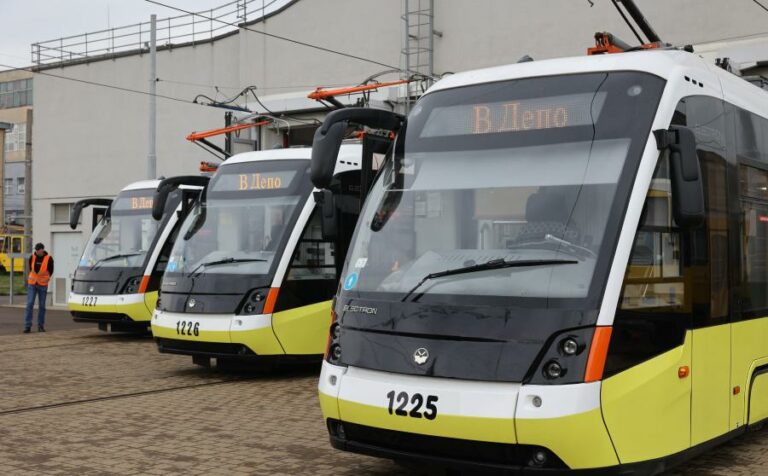
Ukraine: Lviv rolls out ten new trams with EIB support
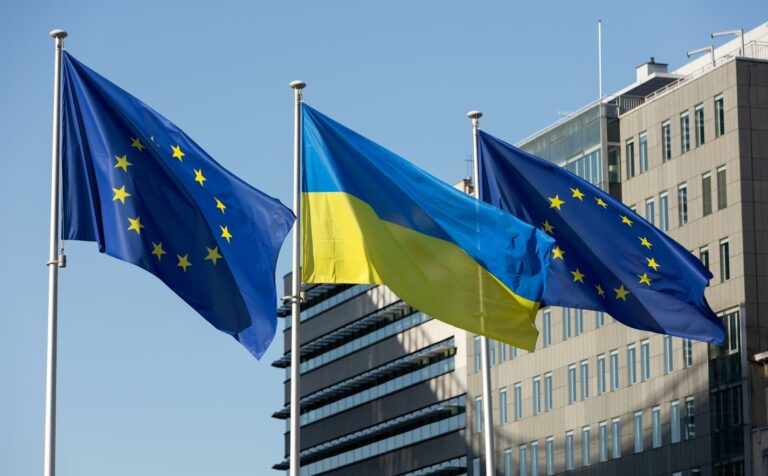
European Commission endorses Ukraine Plan, paving the way for regular payments under Ukraine Facility
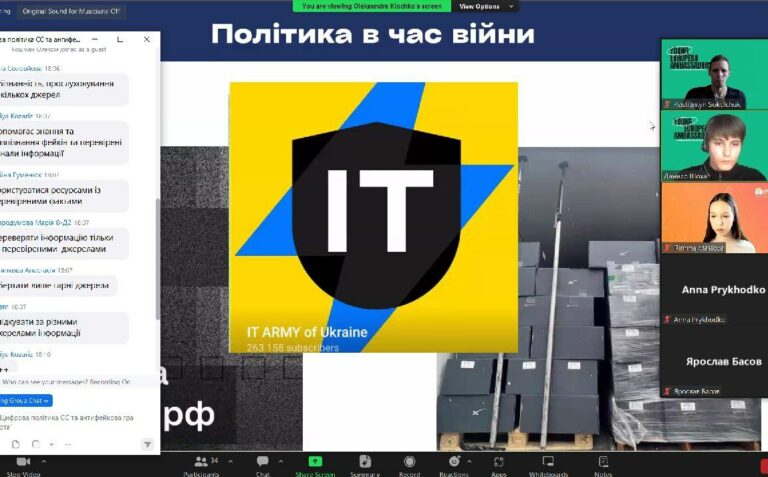
Young European Ambassadors in Ukraine conduct training and game on disinformation for schoolchildren
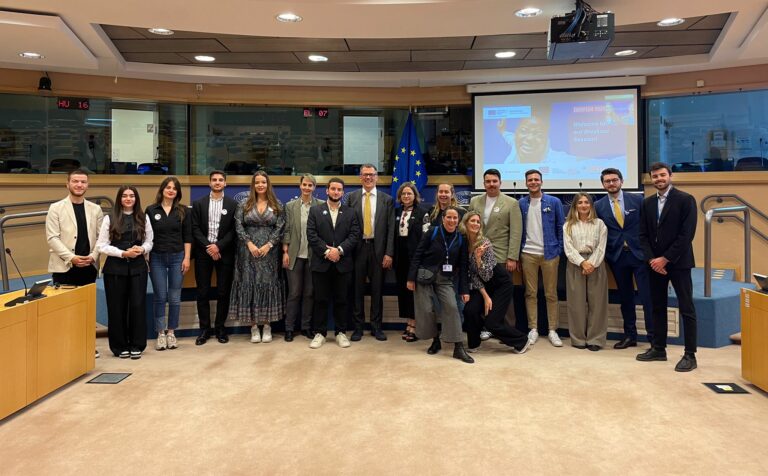
Young European Ambassadors join European Youth Week 2024
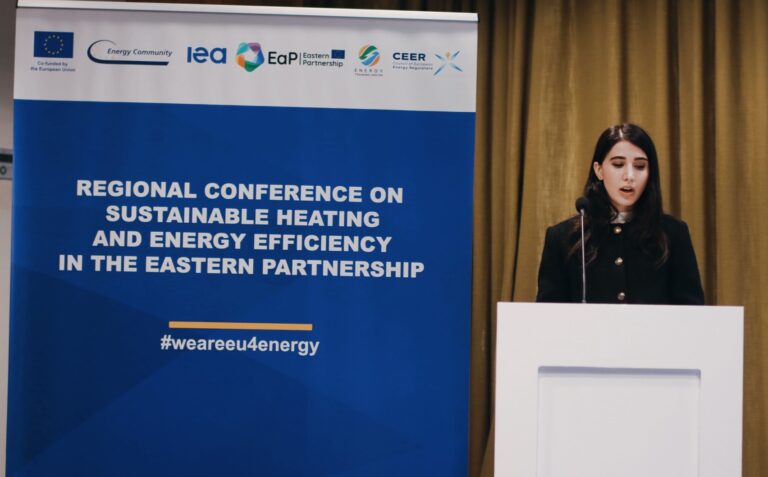
Regional conference for Eastern Partner countries sparks dialogue on sustainable solutions for heating and energy efficiency
More campaign pages:
Interested in the latest news and opportunities?
This website is managed by the EU-funded Regional Communication Programme for the Eastern Neighbourhood ('EU NEIGHBOURS east’), which complements and supports the communication of the Delegations of the European Union in the Eastern partner countries, and works under the guidance of the European Commission’s Directorate-General for Neighbourhood Policy and Enlargement Negotiations, and the European External Action Service. EU NEIGHBOURS east is implemented by a GOPA PACE-led consortium. It is part of the larger Neighbourhood Communication Programme (2020-2024) for the EU's Eastern and Southern Neighbourhood, which also includes 'EU NEIGHBOURS south’ project that runs the EU Neighbours portal.

The information on this site is subject to a Disclaimer and Protection of personal data. © European Union,







